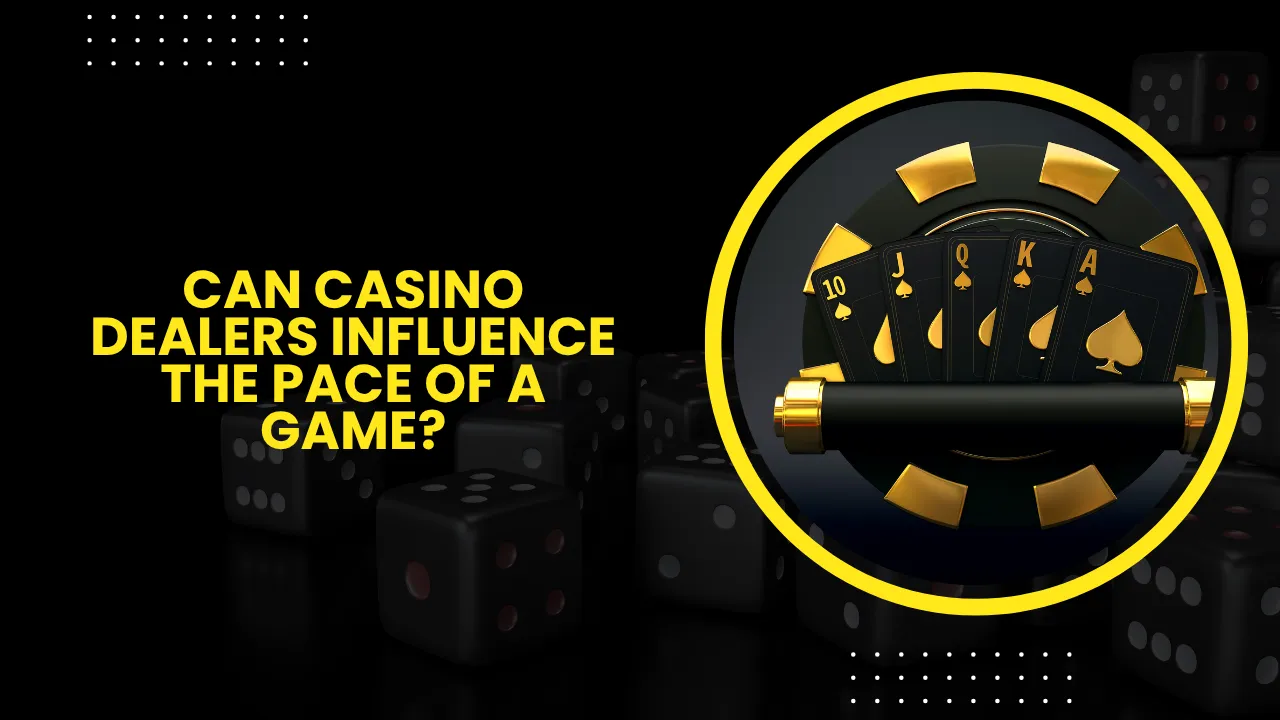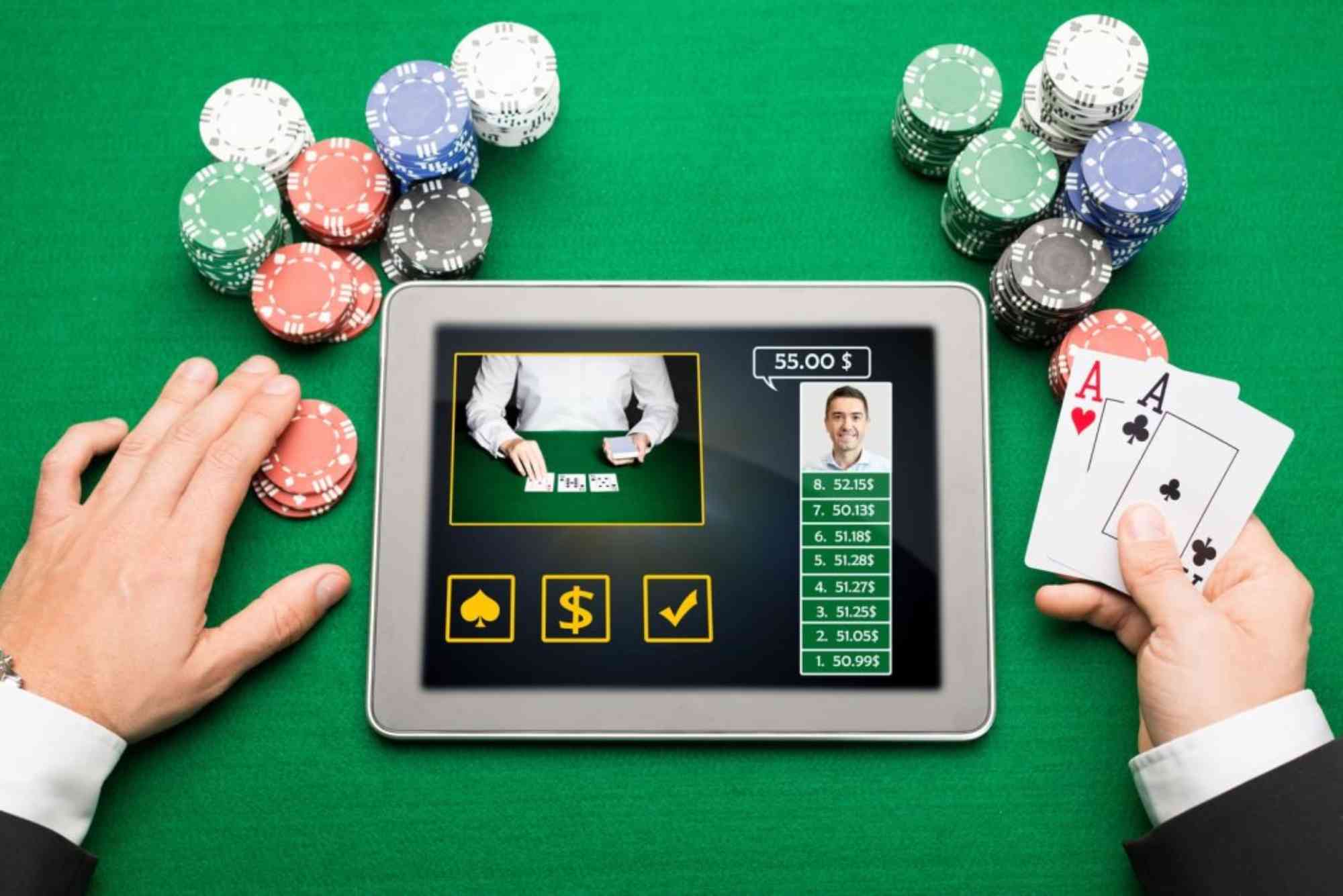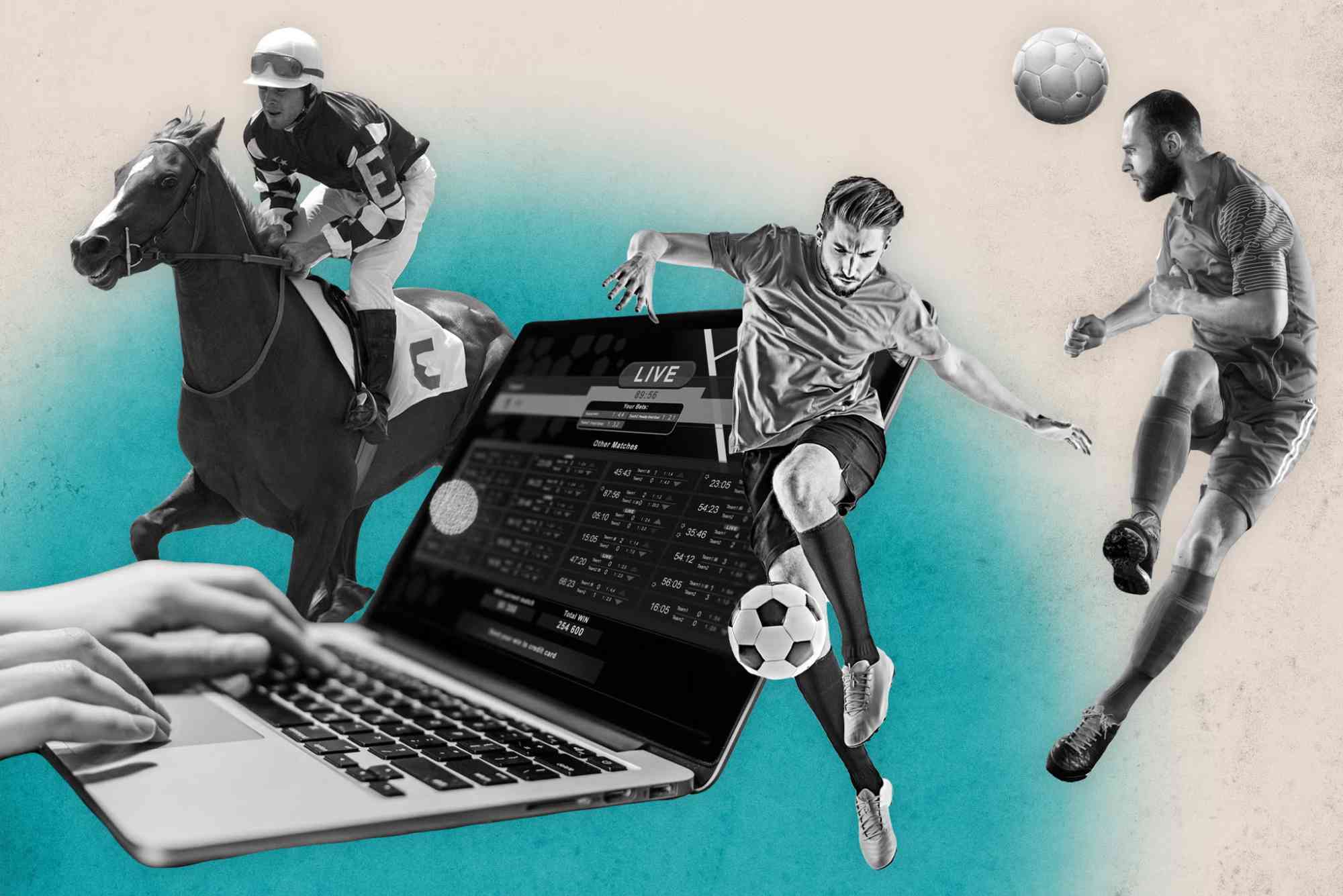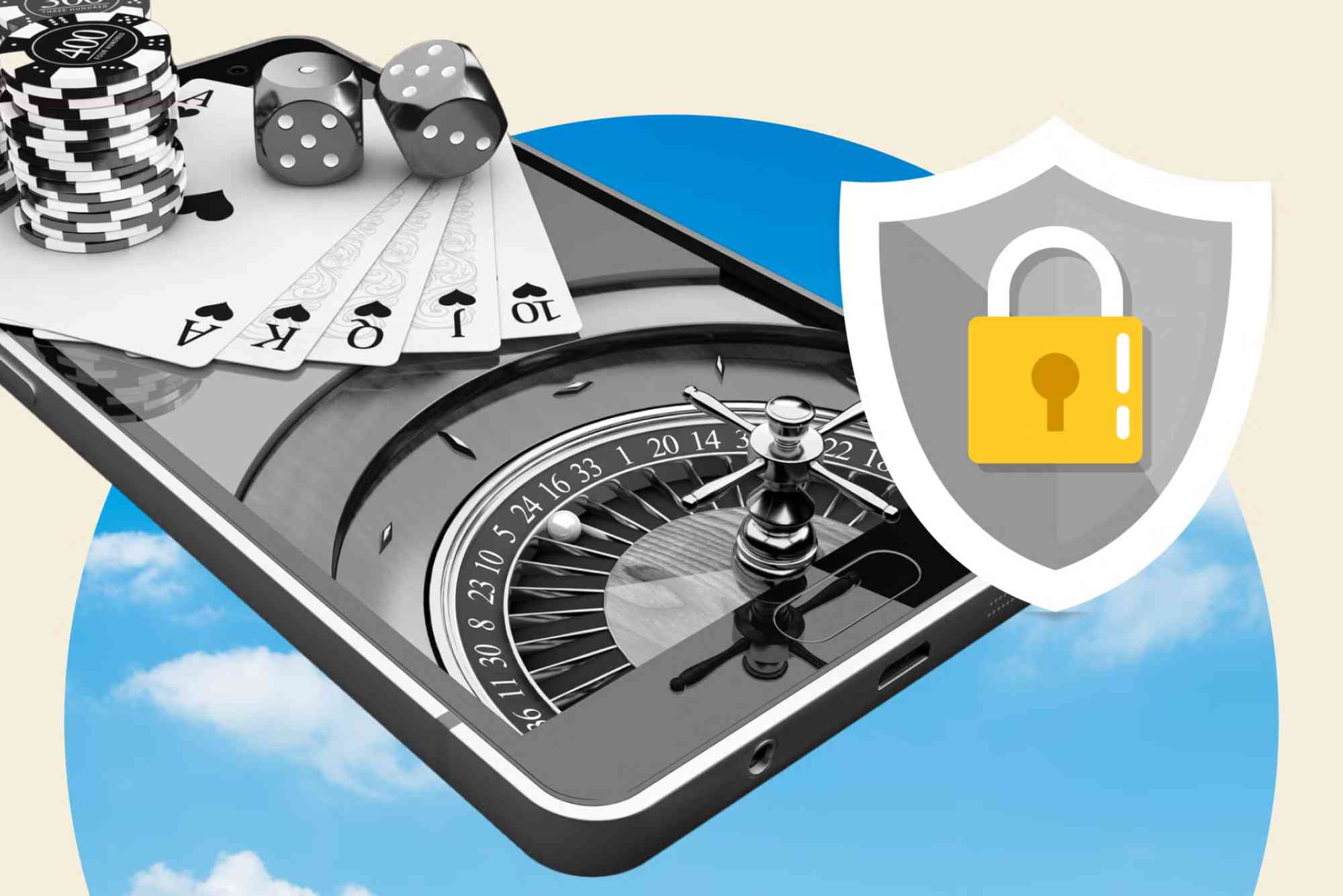When you sit down at a casino table, it’s easy to assume that luck, strategy, and house rules determine the rhythm of play. But there’s another crucial factor that shapes the tempo: the dealer. Whether you’re playing blackjack, poker, or baccarat, the dealer is more than just a facilitator. They can subtly influence how quickly or slowly a game unfolds, and this can have real consequences for players and the house alike.
From my experiences in casinos and research into the industry, the pace of a game is rarely left to chance. It is often guided by the dealer’s training, personality, and awareness of the environment. Understanding this dynamic sheds light on how casinos maintain engagement, manage profit margins, and balance fairness with entertainment.
The Role of the Dealer in Game Flow
Casino dealers are trained professionals whose responsibilities extend beyond shuffling and dealing cards or spinning a roulette wheel. They are tasked with keeping the table moving efficiently, ensuring that all rules are followed, and maintaining a smooth, enjoyable atmosphere.
The speed at which a dealer works can vary significantly. Some dealers are lightning fast, handling chips, cards, and payouts with polished precision. Others adopt a more measured approach, chatting with players and building rapport as they deal. Both styles are intentional and serve different purposes.
For example, during busy peak hours, casinos may prefer dealers to move briskly, maximizing the number of hands or spins per hour. This not only keeps more players engaged but also increases the casino’s long-term profit potential. Conversely, during quieter times, a slower, more social pace can encourage players to stay longer and enjoy the experience.
Subtle Dealer Techniques That Affect Speed
While it might not always be obvious to players, dealers use a range of subtle techniques to influence the tempo of a game. A dealer can slightly slow down by engaging in more conversation, pausing between actions, or carefully explaining outcomes to new players. Conversely, they can accelerate by minimizing chatter, shuffling efficiently, and moving chips quickly.
These techniques aren’t about manipulating results — the game outcomes remain random and fair — but about controlling flow. For example, a blackjack dealer might deal cards at a steady rhythm that prevents players from overthinking every decision. In contrast, a poker dealer might take extra time to ensure pots are correctly calculated, especially in high-stakes games where precision is paramount.
Player Experience and Perception
The pace of play can deeply affect how players perceive their experience. Fast-paced games generate excitement, adrenaline, and a sense of action. This suits players who thrive on quick decision-making and want more rounds in a short period.
On the other hand, slower-paced games can be more relaxing and social. New players, in particular, often prefer dealers who take the time to explain the rules and guide them through each step. In this way, dealers adapt to the table dynamic, catering to both seasoned gamblers and beginners.
Interestingly, many online platforms have mirrored this approach. Live dealer games streamed over the internet often feature hosts who control the tempo in much the same way, blending efficiency with entertainment.
The Casino’s Perspective on Game Speed
Casinos are acutely aware of how game speed affects revenue. Every hand of blackjack or spin of the roulette wheel represents an opportunity for the house edge to play out. The more rounds that occur, the more opportunities the casino has to make a profit.
That said, speed must be balanced with enjoyment. A table that moves too quickly may overwhelm players, leading them to cash out sooner. A table that moves too slowly may bore players, prompting them to leave. Dealers are trained to strike the right balance, keeping games brisk enough to be profitable but comfortable enough to maintain player satisfaction.
Casinos also use technology to track the number of rounds dealt per hour, often rewarding efficient dealers who can keep games moving without sacrificing accuracy or customer service.
Comparing Land-Based and Online Casinos
The influence of dealers on pace is most obvious in traditional casinos, but online gambling platforms also recognize the importance of tempo. Many live dealer games allow operators to train hosts in managing game speed, with some deliberately running “fast tables” for experienced players and “regular tables” for those who prefer a steadier pace.
Meanwhile, digital-first games without human dealers are designed with speed controls built into the software. Players can often adjust settings to play at their preferred pace. This flexibility highlights how central the concept of game tempo is to the gambling experience, whether live or digital.
For players exploring innovative platforms, the rise of no kyc crypto casinos has introduced new dynamics. These platforms often emphasize speed not just in gameplay but in transactions, allowing users to deposit, play, and withdraw almost instantly. While the lack of KYC processes speeds things up, it also sparks debates about regulation, transparency, and responsible play.
Psychological Impacts of Pace on Players
The tempo of a casino game is not just about logistics — it has a psychological impact. Fast-paced play can heighten excitement, leading to riskier bets and a stronger emotional response to wins and losses. Slower-paced play, meanwhile, may encourage more thoughtful decisions but can also prolong exposure to gambling, which carries its own risks.
Casinos know this, and dealers are trained to subtly manage player behavior through pace. For instance, slowing down after a string of losses can give players time to recover emotionally, reducing the likelihood they will leave the table in frustration. Conversely, keeping the game brisk after a big win may maintain momentum and excitement.
The Human Element That Technology Can’t Replace
While automation and digital platforms have transformed the casino industry, the dealer’s role remains vital. Beyond the technical aspects of managing pace, dealers bring a human touch that technology struggles to replicate. They read the table, adjust to moods, and create an atmosphere that feels engaging and personal.
Even in an age of rapid digital adoption, many players seek out tables with charismatic dealers because they know the experience will be as important as the outcome. This human influence ensures that dealers remain central to casino culture.
Conclusion
So, can casino dealers influence the pace of a game? Absolutely. Through training, awareness, and personal style, dealers can subtly speed up or slow down play in ways that affect both the casino’s bottom line and the player’s experience. It’s not about manipulating outcomes but about creating the right environment — one that balances excitement, comfort, and fairness.
For players, recognizing this dynamic adds another layer of appreciation for the complexity of casino gaming. And for casinos, it reaffirms the enduring importance of the dealer, not just as a rule enforcer, but as a master of rhythm on the casino floor.




